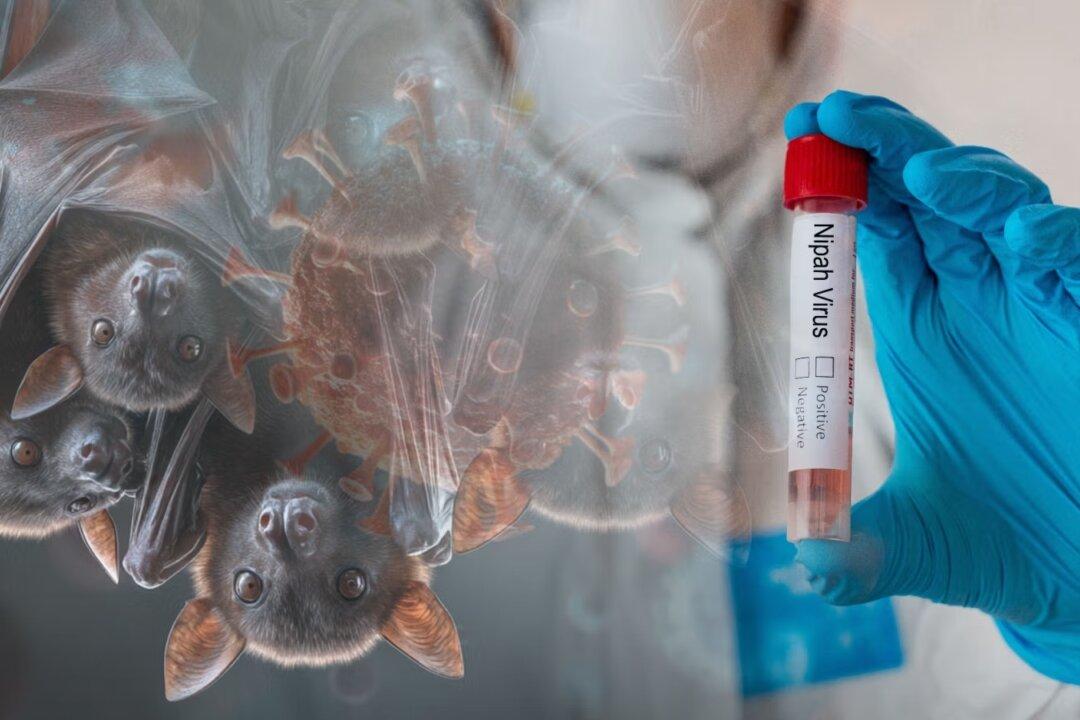Commentary
In late May, representatives of our governments will meet in Geneva, Switzerland, to vote on acceptance of two documents that, taken together, are intended to transform international public health and the way states act when the director-general of the World Health Organization (WHO) declares an emergency. These drafts, a Pandemic Agreement and amendments to the International Health Regulations (IHR), are intended to set up legally binding agreements under which states undertake to follow recommendations from the WHO regarding the human rights and health care of their own citizens.





